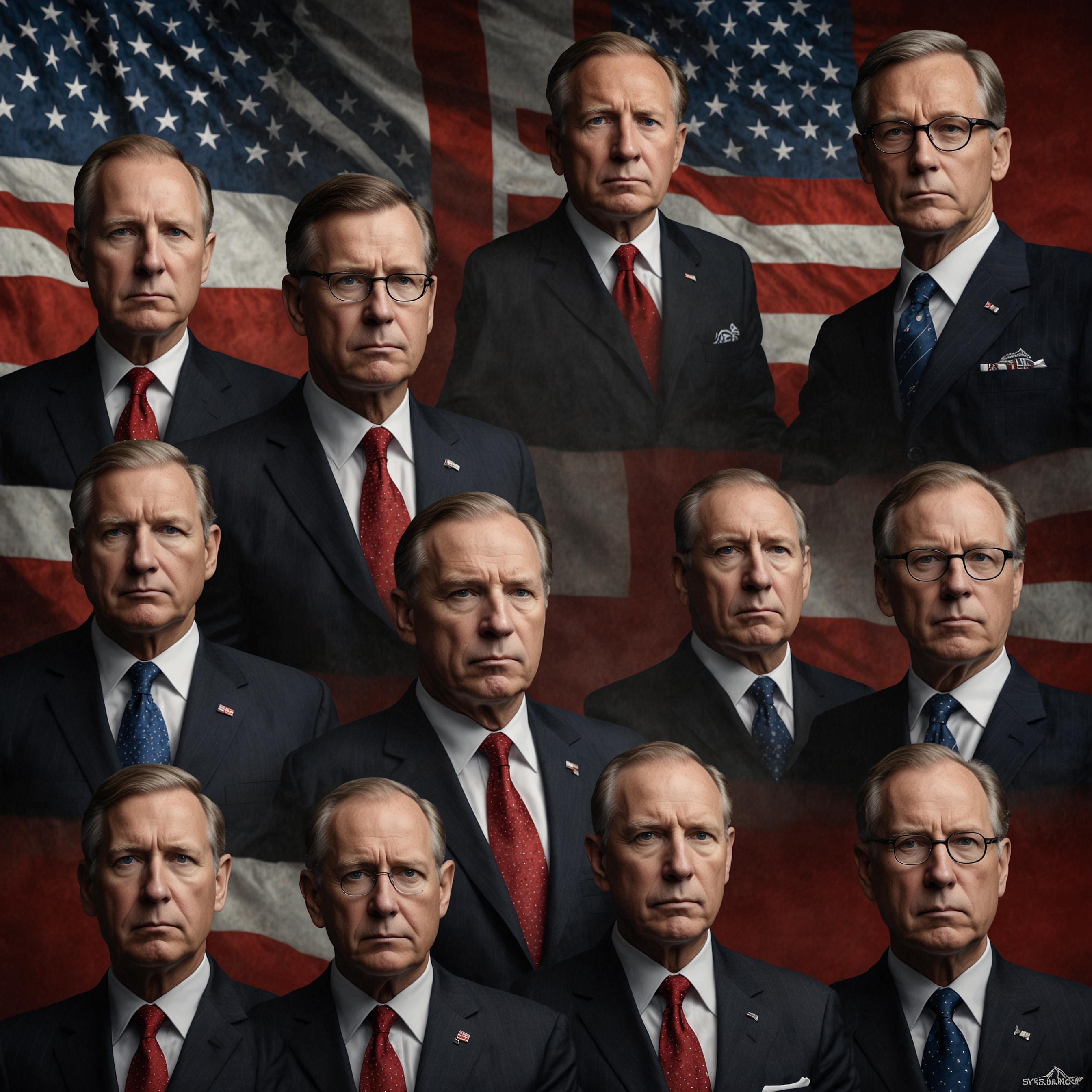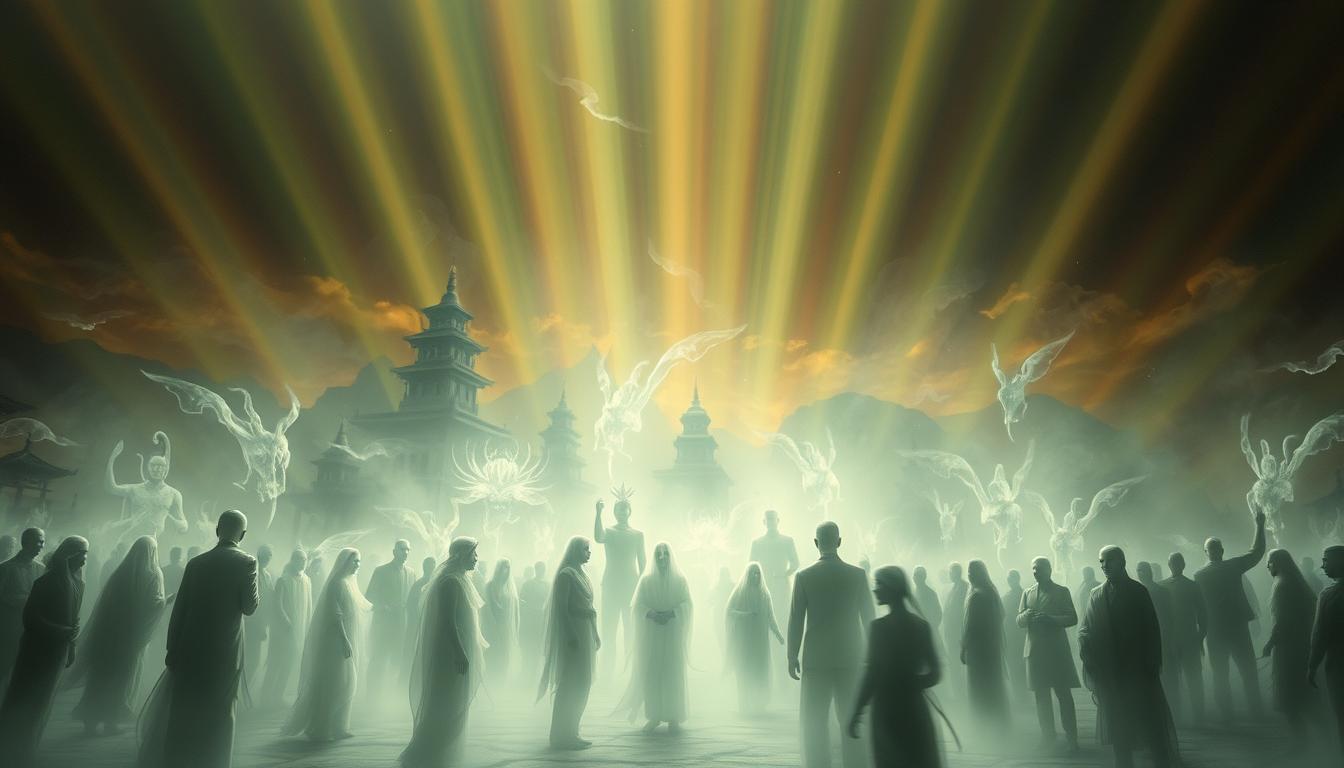Bilderberg Group

Bilderberg Group
Politics / Elite Networks / Geopolitics / Conspiracy Theory
Definition:
The Bilderberg Group is an annual private conference bringing together influential figures from politics, business, academia, media, and military. Its aim is to foster informal dialogue on global affairs. Due to its secrecy and exclusivity, it has become a frequent subject of conspiracy theories.
Origins and Structure:
-
Founded in 1954 at the Hotel de Bilderberg in the Netherlands
-
Originally aimed to strengthen transatlantic relations during the Cold War
-
Invitations only; no official resolutions or public statements
-
About 120–150 participants attend each year
Format and Topics:
-
Locations change annually (Europe or North America)
-
Topics: global economy, security, digitalization, climate, geopolitics
-
Operates under the Chatham House Rule: insights may be shared, but not who said them
Criticism:
-
Lack of transparency, no media access or public records
-
Democratic concerns over backroom discussions by powerful individuals
-
Seen by critics as a symbol of elite influence over world affairs
Conspiracy Theories:
-
Accused by some of being a shadow world government
-
Theories include plans for global control, financial manipulation, or a New World Order (NWO)
-
Such claims are unsubstantiated, but reflect real distrust in power structures
Assessment:
-
The Bilderberg Group is not a decision-making body, but an elite-level discussion forum
-
It is significant in debates on global governance, media accountability, and power concentration, yet often mythologized
Links:







